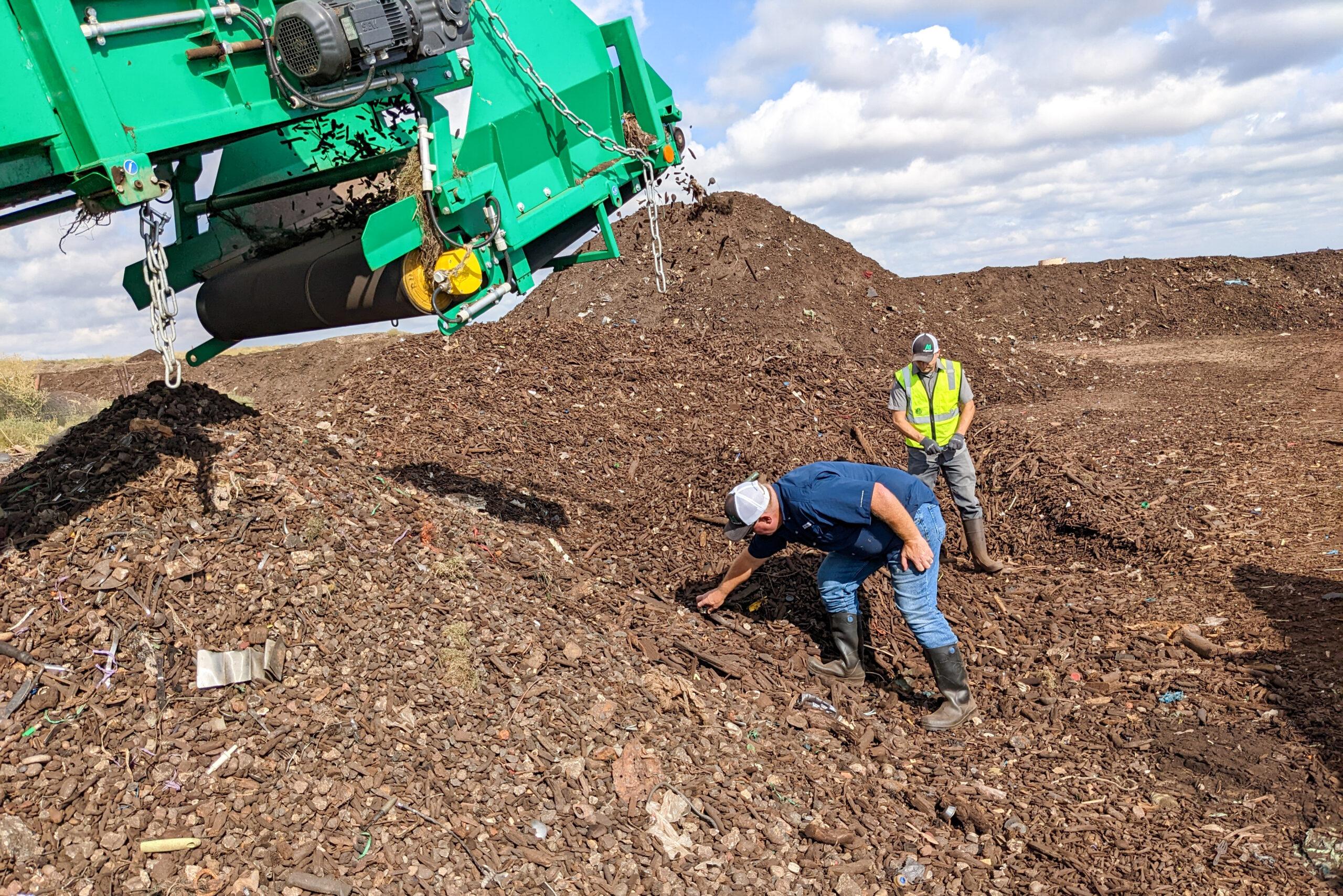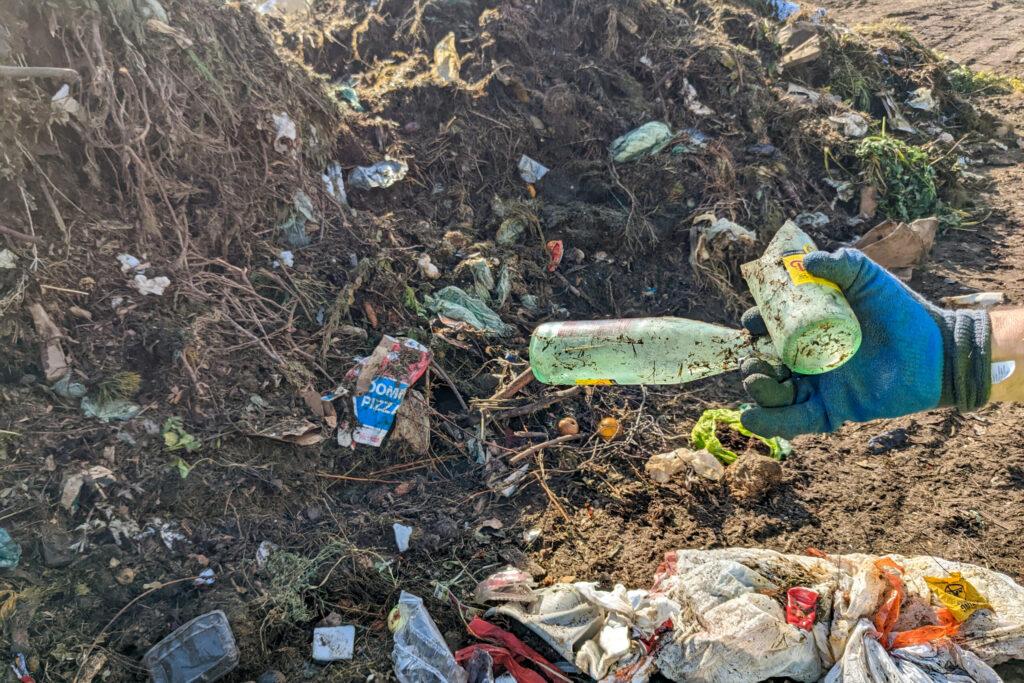
Here’s the dirty truth about “compostable” cups and takeout containers distributed in Colorado: They’re probably going to the dump.
On July 1, a new Colorado law took effect to address the problem by setting “truth-in-labeling” standards for compostable products. Kelly Leviker, an anti-plastics advocate for the Colorado Public Interest Research Group, said the goal is to root out anything that looks compostable but isn’t certified to break down in an industrial compost heap.
“What we're hoping is that this law makes it very clear to people what is compostable and what's not compostable, and once that becomes very clear to people, industrial composting facilities will then start to gain more confidence and accept these items,” Leviker said.
Behind the issue is the rise of compostable packaging at restaurants and on store shelves. The growing market promises consumers the convenience of disposable products without environmental guilt.
In reality, however, many look-alike non-compostable cups and takeout containers aren’t certified as compostable by the Biodegradable Product Institute, the leading labeling authority for North America, or the Compost Manufacturing Alliance, another certification group working directly with compost processors.
That issue is one reason A1 Organics, the state’s biggest industrial composting facility, banned anything other than yard waste and food scraps in March 2023. Besides avoiding imposter compost products, the decision was intended to slow the arrival of more obvious contaminants like diapers, shoes and glass bottles.
The shift forced communities served by A1 Organics — including Boulder, Arvada and Lafayette — to exclude paper products or compostable containers from curbside compost bins. Denver enforced the same rules and kept the restrictions in place even after dropping A1 Organics as its composting contractor in favor of Waste Management earlier this year.
Clinton Sander, the marketing manager for A1 Organics, said its policy has “helped clean up the stream,” but it has limited local and state ambitions to divert waste away from landfills. Colorado’s estimated combined compost and recycling rate sits at 16 percent — roughly half the national average.

To encourage compost processors to shift gears, the new law requires a clear logo on certified compostable products along with green color, tinting or telltale design patterns, and bans any other products from using green color schemes or labels like “biodegradable” or “natural.”
The law also deputizes consumers as compost cops. If any product appears to violate the state’s new labeling standards, residents are encouraged to report it through an online form.
“It’s a very simple form,” said Dan Matsch, the director of the compost department at Eco-Cycle, a nonprofit waste processor and advocacy group. “You just say: ‘I found this product, it’s not labeled appropriately, please check it out.’”
The Colorado Department of Public Health and Environment will review submissions and forward violations to the Attorney General’s Office, which could then enforce the law under the Colorado Consumer Protection Act. Lawrence Pacheco, a spokesperson for the Colorado Attorney General’s Office, said staff could seek fines or require a company to change its business practices.
Sander with A1 Organics said the law is a good first step, but the company has no plans to expand its list of acceptable items until Coloradans appear capable of sorting compostable packaging away from other single-use products.
But the plan will only work if it’s easy to identify compostable products. That’s why Sander hopes ordinary residents take up the challenge of finding misleading cups, containers and cutlery. “This law is only as good as the people reporting bad actors,” Sander said.
How to find and report misleading non-compostables
- Examine the single-use product
- Ask yourself if it seems compostable. A green tint or written labeling is a good enough clue
- Find the BPI or CMA logo identifying the product as certified compostable
- If the product lacks a logo, report it to the state
- If the product has misleading labels like “biodegradable,” “degradable,” or “natural,” report it to the state
- Unless you’ve confirmed your compost processor will accept certified compostable containers and packaging, put it in the trash

Compost Manufacturing Alliance logo 
BPI Compostable logo






